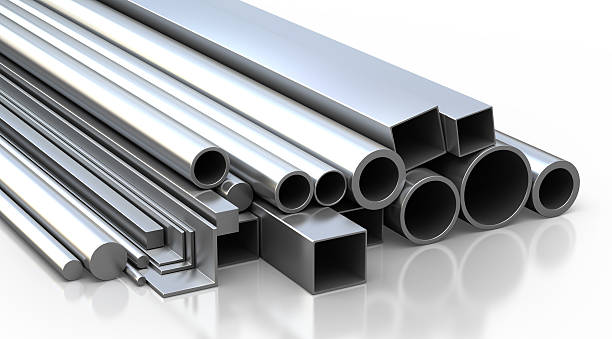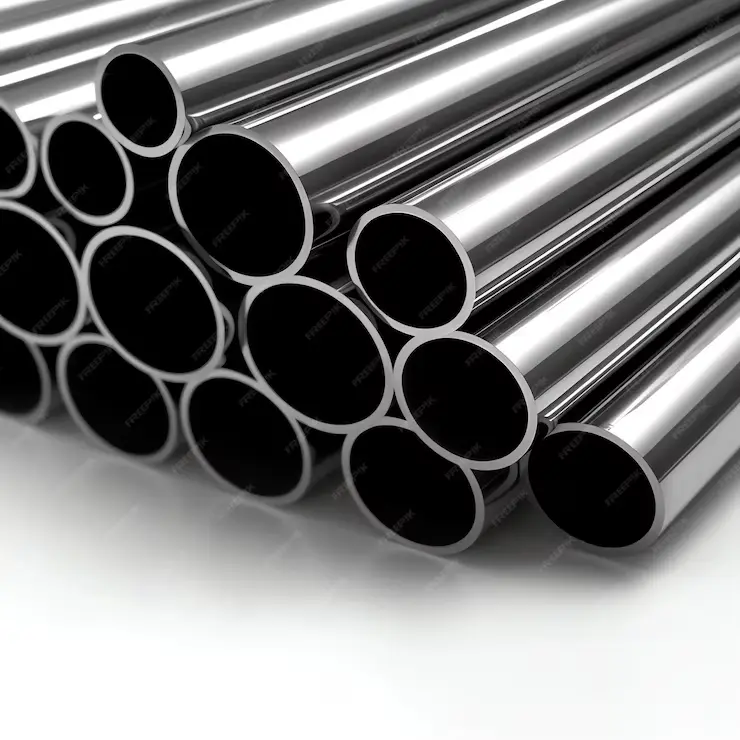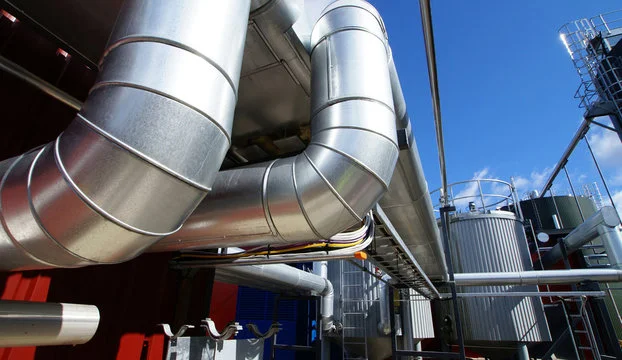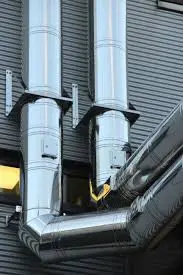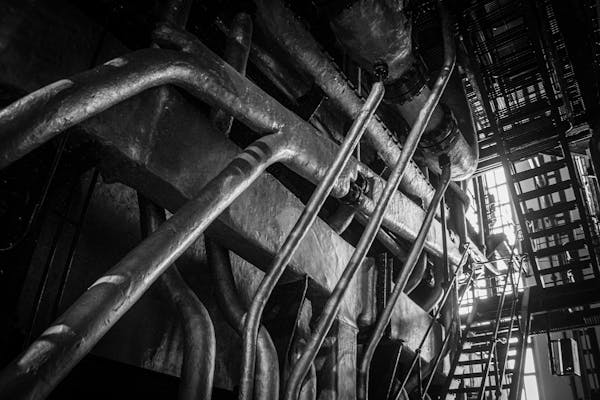Aluminum Pipes
Lightweight Strength, Lasting Durability
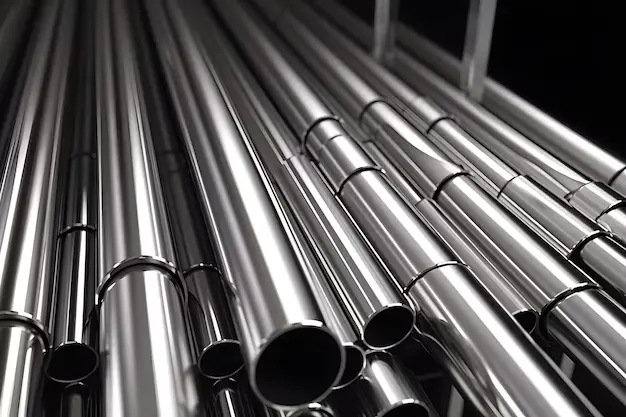
We give the Best Aluminum Pipes: Lightweight, Strong, and Built to Last."
Aluminum extrusions are widely used in the construction industry for window frames, curtain walls, roofing, and structural components. Their strength, lightweight nature, and aesthetic versatility make them a preferred choice for modern architectural designs.
Aluminium plates are flat sheets made from aluminium, a versatile metal known for its lightweight nature, corrosion resistance, and strength
Aluminum extrusions are widely used in the construction industry for window frames, curtain walls, roofing, and structural components. Their strength, lightweight nature, and aesthetic versatility make them a preferred choice for modern architectural designs.
Types of Aluminum Plates
- Flat Plates: Standard flat sheets of aluminium are used in various applications.
- Tread Plates: Embossed with a pattern of raised lines or diamonds for enhanced grip and durability, commonly used in flooring and industrial applications.
- Clad Plates: Composite plates with layers of different metals for specific performance requirements, such as improved corrosion resistance or strength.
01
Durability
Long-lasting due to resistance to corrosion and wear.
02
Versatility
Suitable for a wide range of applications across industries.
03
Lightweight
Reduces overall weight in structural applications, leading to energy savings and easier handling.
Our Works Applications of Aluminum pipes
Aerospace: Used in aircraft structures, fuel lines, and hydraulic systems.
Lightweight: Aluminum is much lighter than steel, which makes it easier to handle, transport, and install.
Corrosion Resistance: When exposed to air, it naturally forms an aluminum oxide layer, which hinders rusting and corrosion, making it ideal for use in severe environments.
Strength: Even though it is light, aluminum has an excellent strength-to-weight ratio that makes it suitable for numerous structural applications.
Thermal Conductivity: Aluminum has excellent thermal conductivity, making it suitable for heat exchangers, refrigeration, and air conditioning systems.
Malleability: It can easily be extruded, cast, or machined into various shapes and sizes, thereby making manufacturing operations flexible.
Non-Magnetic: It does not attract magnets, thus making it valuable where magnetic fields are to be feared.
Recyclability: On a recycling basis, aluminum recycling uses only 5% of the energy used to make new aluminum; therefore, it is an environmentally friendly material.

